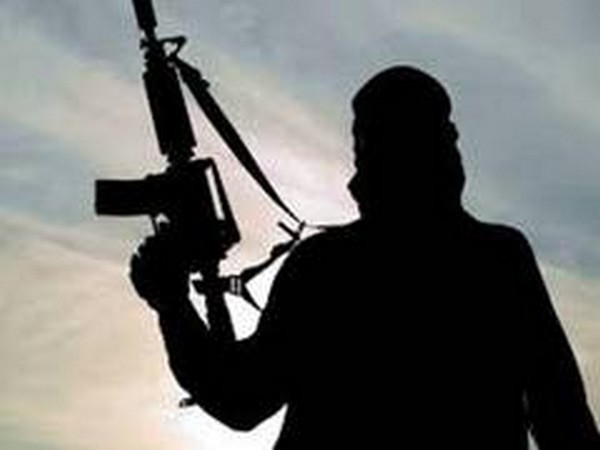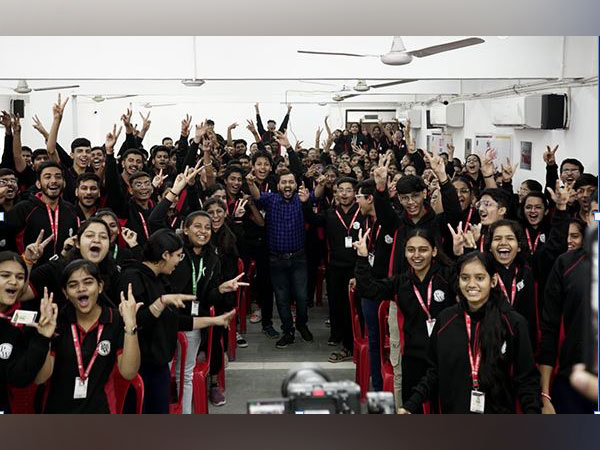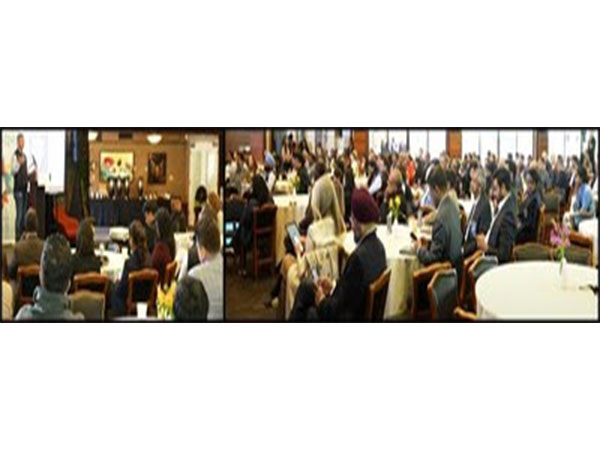Tensions rise over troops on Armenia-Azerbaijan border
Sep 15, 2023

Yerevan [UAE], September 15: Concerns are rising in the ex-Soviet republic of Armenia over a large deployment of Azerbaijani troops on the two countries' shared border.
The situation is extremely tense, Armenian Prime Minister NikolPashinyan said at a cabinet meeting in Yerevan on Thursday.
Meanwhile, the Foreign Ministry in Baku has in turn called the concentration of Armenian troops on the border a threat to the stability of the region.
Armenia and Azerbaijan have long been enemies, with Armenia initially having the upper hand after a war in the early 1990s.
In a second war in 2020, Azerbaijan used money from its oil and gas business to rearm and reclaimed territory during the conflict.
There have been shorter military campaigns since then, leaving Azerbaijani forces in control of about 150 square kilometres of Armenian territory, which Yerevan has demanded back.
Muslim-majority Azerbaijan is supported by Turkey, while Russia, Armenia's traditional protecting power and a fellow Orthodox Christian nation, is losing influence.
"As a result of the events in Ukraine, Russia's options have changed," Prime Minister Pashinyan said in an interview with US outlet Politico. In future, he said, his country wants to avoid being dependent on external protectors.
The biggest bone of contention between Yerevan and Baku is the enclave of Nagorno-Karabakh, which belongs to Azerbaijan but is inhabited by Armenians.
There is a lack of food and medicine in the area, and Armenia has been unable to deliver supplies. "The humanitarian situation in Nagorno-Karabakh is difficult," Pashinyan said.
"Our strategy should be to try in this situation to maximally decrease our dependency on others," he added.
"We want to have an independent country, a sovereign country, but we have to have ways to avoid ending up in the center of clashes between West and East, North and South . There cannot be a case when Armenia becomes a 'proxy.' This is not permissible."
Calling on the big protector - Russia in Armenia's case - each time conflict flared was simply unsustainable, he argued.
Source: Qatar Tribune









